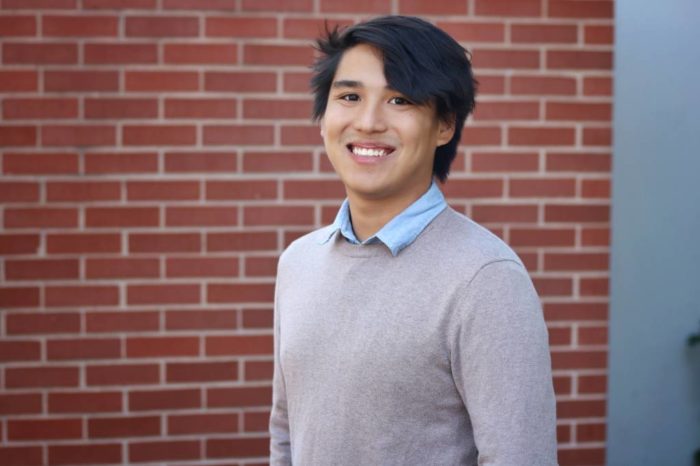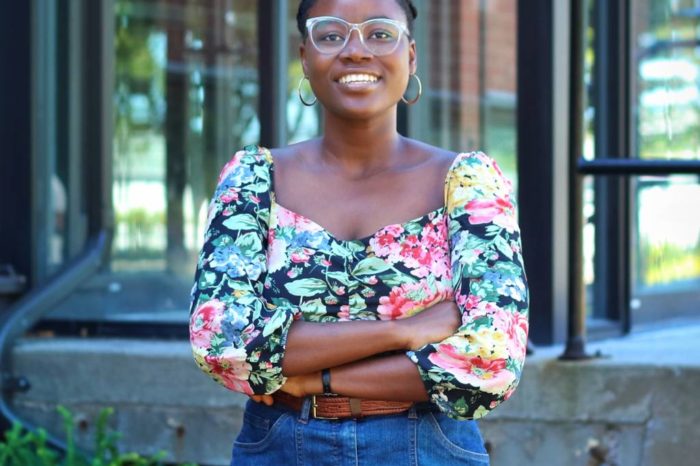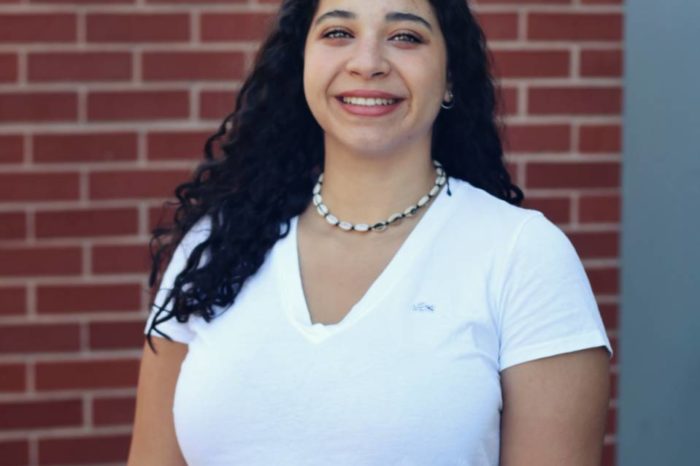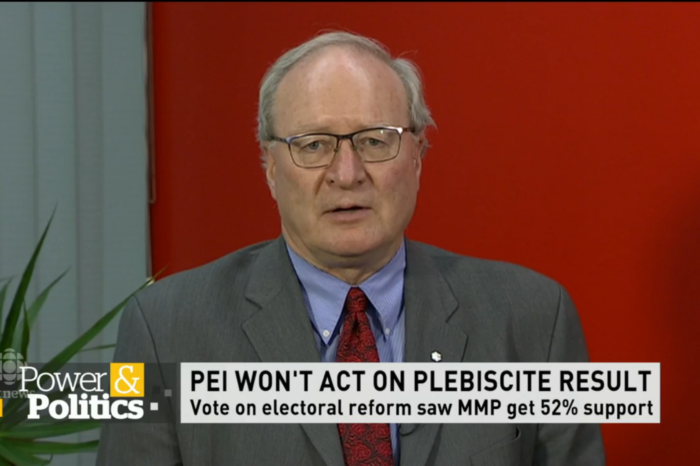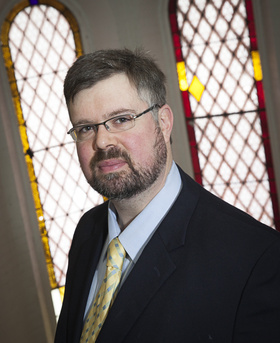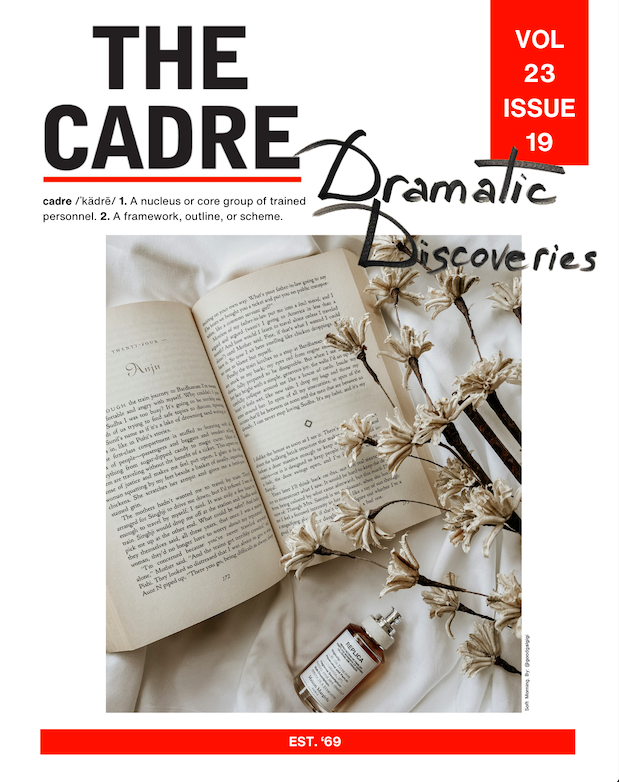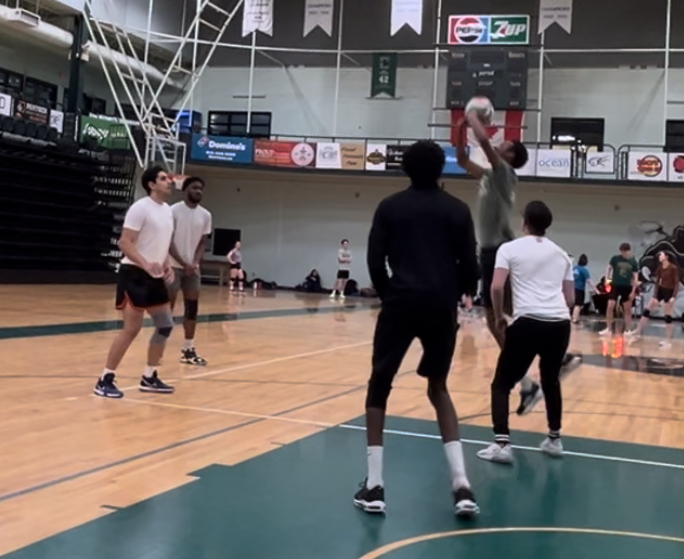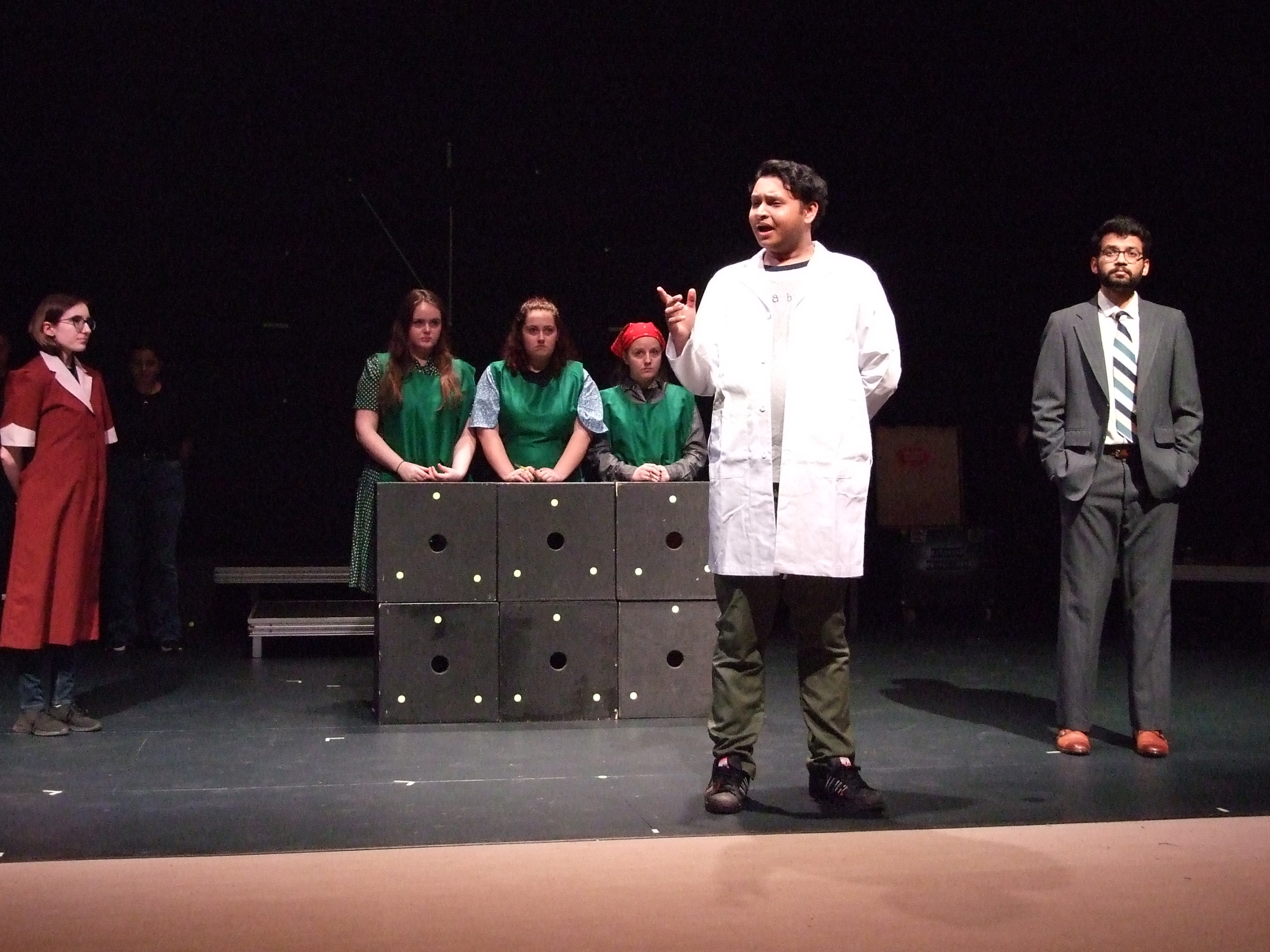By: Lorelei Kenny
TC: Where did you complete your studies, and what piqued your interest in the Religious Studies?
“I completed my studies at Queen’s University. At Queen’s you can do what’s called a medial degree. I completed my medial* in political science and history and then I went on to complete my masters, (A medial is an honours-level concentration degree that gives you a balanced honors with concentrations in two different subject). After that, I was trying to figure out what I wanted to focus on for my Ph.D. in History, and for a while, I was thinking I’d focus on offshore oil and gas development.
TC: Oil and gas development???
I know, oil and gas development is a whole world away from religious studies. You have to understand that there is a lot of money in oil and gas development, meaning a lot of people are willing to fund your research. But even though I was interested in the subject I wasn’t passionate about it.
After talking with my master supervisor who gave me so advice, I remember he said my Ph.D., “it must fill that vocational needâ€. After some discernment, I quickly realize that for me, what I found fulfilling was religious studies. I have always had a deep interest in how religion affects people and their lives, and so I ended up completing my Ph.D. in History, focusing in on Religion in North American Societyâ€.
TC: Did you always know you always want to teach or did you consider other paths?
“No. I considered many different routes. For a while, I thought I wanted to be a constitutional lawyer and I expected to go to law school. However, in the course of my writing honors thesis, I came to discover how much I truly loved learning and researching. What a privilege! To learn about things I am honestly intellectually curious. And so, when I first decided I wanted to become a professor and get my Ph.D., I didn’t contemplate the job aspects I was mostly motivated by my longing to keep learning. It wasn’t long, however, before I realized how fulfilling teaching was for me, working with others, especially with students is such a privilege. Those were the values that led me to academia. I was very fortunate and to have learned and to taught at Queen’s. Teaching at UPEI, however, has been the highlight of my professional career.â€
TC: Is there any subject in particular that you love to teach?
“On a broader level, I love exploring and teaching ideas, those ideas that no one discipline, no one tradition has a real hold on, Truth, Beauty, and The Good. Devotional culture is another subject I love to teach and explore; the practice of religion through an approach called lived religion. In Catholicism, for instance, we see the concept of a devotional culture very acutely with Catholics’ relations to the Saints and to the Blessed Virgin Mary.â€
TC: What do you think you do best to facilitate and improve student learning?
“That is an excellent question. I endeavor to learn each student on an academic level and on a personal level. Every student has different ways of learning, different things to contribute, different strength and weaknesses, so I invest time in my students to show them I care. UPEI being the size that it gives me as a professor the ability to really give students the attention and the detailed feedback that they need. Learning about my students, what they do outside the classroom, whether it’s sports or working three part-time jobs allows me to not only extend a deadline for them, but it helps them learn in a more holistic way and it really helps to build community. Working with students is a real joy for me!â€
TC: Are you working on any projects or research at the moment?
“I am currently writing a history of St. Dunstan’s University from 1955 to 1969. This research tries to explain precisely St. Dunstan’s University’s amalgamation with the Prince of Wales College and it’s evolution into UPEI. That is the more institutional political side of my research, but I am looking at the student learning side as well. For instance, I have been looking into the integral presence of the Sisters of St. Martha at SDU. The Marthas were such a beautiful witness on the SDU campus; they were the ones feeding the students, doing the laundry and providing guidance and counsel.
The second project I’m wrapping up is a book which is under contract with McGill. It is based on my dissertation, the name of the book is Restructuring Canadian Catholicism: The Church Engages Modernity 1912-1961.
The last large project I’m working on is the Rome Course. The development of this program has been a very collaborate one, between UPEI and SDU. This class is being delivered by the SDU institute of Christianity and Culture and is made possible by the support of the SDU board governors to UPEI inspired program. The class is part of the experiential and global learning program. Last year the program was launched with “Catholic New Yorkâ€, where I along with a group of students explored the role of the Catholic Church in New York. The experiential and global learning component involved a week in NYC over reading week to do onsite learning. The newest initiative “Rome: Centre of Catholic Christianity†will be taking place in the spring semester over three weeks in Rome, Italy. Dr. Joe Validum and I have been spearheading the course in an academic and logistical way with a lot of help and support in these and other aspects of the course from the SDU institute management committee. All of us have been working hard and we are excited to see it realized this upcoming May. We hope to offer it every two years.â€
